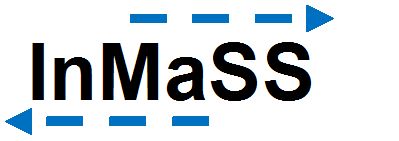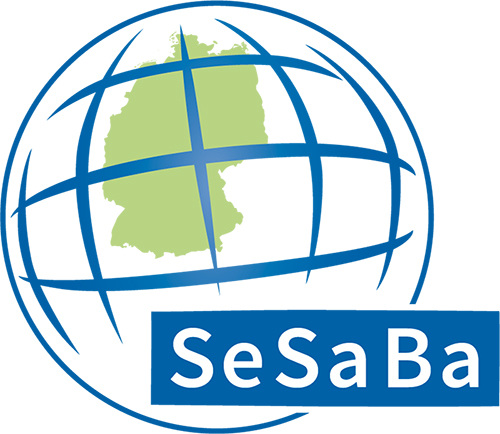The research project „Effectiveness of institutional interventions to reduce student dropout” (InMaSS) started in March 2017. The project is funded by the Federal Ministry of Education and Research (BMBF) as part of the funding line “Student success and dropout” for a period of three years.
Description
Higher education institutions in Germany already go to great lengths to increase their students’ academic success. Institutional interventions thereby aim at subject-related and general support as well as information, counseling and the selection of prospective students. Even before the beginning of studies, institutions can be helpful in selecting the most suitable students for a programme, e. g. by assisting in orientation processes or by admission procedures through aptitude tests or a numerus clausus. During the introductory phase and over the course of studies, most interventions that give subject-related or general support (bridging courses, courses on scientific writing) and foster the students’ integration (peer mentoring, social events) may be useful.
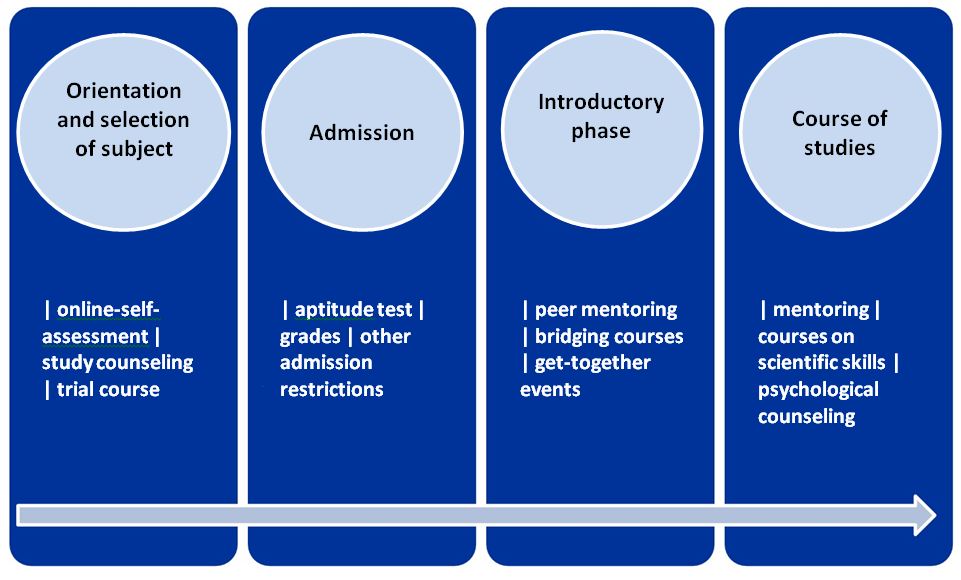
So far, only little research on the effectiveness of institutional interventions to increase student success has been done in Germany. Thus, the InMaSS project examines the following questions:
- Which interventions do higher education institutions take to increase student success?
- Do these interventions increase student success or decrease student dropout?
- Do different groups of students (non-traditional students, students with immigration background etc.) benefit more from specific interventions?
The research project goes beyond common approaches considering institutional characteristics and integrating the students’ individual characteristics. Theoretical considerations from school research are applied to the context of higher education research, which adds to existing theoretical models on study dropout. We use data from the National Educational Panel Study (NEPS) – SC5 and conduct multivariate statistical methods. This approach gives us detailed insights into the process of student dropout.
Save the date – Conference „Study success and drop-out: What can higher education institutions do?“ April 27th 2020 in Munich
Reducing student dropout is a highly relevant topic for science policy as well as for higher education institutions. The conference focusses on the question whether and how institutions can enhance student success. We will present the latest empirical results of our research and discuss them with scientists, practitioners and presidents of higher education institutions.
The conference will take place on the 27th April 2020 in the premises of the “Carl-Friedrich von Siemens-Stiftung” in Munich.
Soon, you will find more information here.
Projektleitung und -mitarbeiterinnen
| Dr. Susanne Falk E-Mail: Falk (at) ihf.bayern.de Phone: +49 (0)89/21234-422 | ||
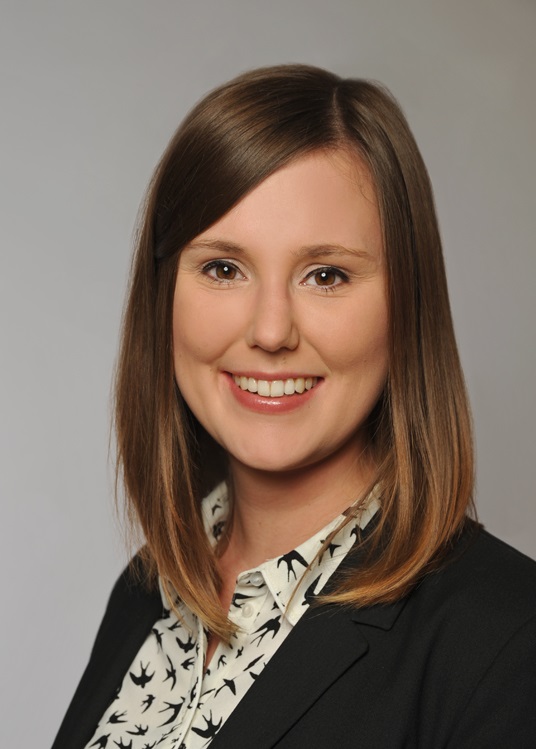 | M.A. Maximiliane Marschall E-Mail: Marschall (at) ihf.bayern.de Phone: +49 (0)89/21234-418 |
Presentations
Falk, S., & Marschall, M. (2019, November). Zum Einfluss von Auswahlverfahren auf den Studienerfolg. Eine längsschnittliche Analyse auf Basis des Nationalen Bildungspanels. Vortrag auf der BMBF-Fachtagung „Eingangstests unter der Lupe“, Berlin.
Marschall, M., Falk, S., & Klug, C. (2019, August). Effectiveness or self-selection? The role of institutional interventions in the introductory phase in reducing student dropout. Vortrag auf dem 41. EAIR Forum, Leiden, Niederlande.
Marschall, M., & Falk, S. (2018, November). InMaSS – Wirksamkeit institutioneller Maßnahmen zur Senkung des Studienabbruchs. Vortrag im Rahmen des Workshops „Workshop der Förderlinie Studienerfolg und Studienabbruch – Identifikation von Studienabbrüchen im NEPS“, Hannover.
Falk, S., & Marschall, M. (2018, Oktober). InMaSS – Wirksamkeit institutioneller Maßnahmen zur Senkung des Studienabbruchs. Vortrag im Rahmen des Statusworkshops der Förderlinie „Studienerfolg und Studienabbruch“, Berlin.
Marschall, M., & Falk, S. (2018, September). Studentische Akzeptanz von Maßnahmen in der Studienvorbereitung und Studieneingangsphase – Empirische Ergebnisse aus dem Projekt InMaSS. Vortrag im Rahmen des Workshops “Forschung (be)trifft Praxis: Was wirkt? Was bleibt? Was kommt? Die Studieneingangsphase an deutschen Hochschulen”, Potsdam.
Klug, C., Falk, S., & Marschall, M. (2018, April). Der Prozess des Studienabbruchs aus individueller und institutioneller Perspektive – Was können Hochschulen tun. Vortrag auf der Tagung “Abbruch, Umbruch, Aufbruch? Lebensverläufe junger Menschen und Ungleichheit in Ausbildung, Studium und Beruf” (LUASB), Bonn.
Tretter, M., Falk, S., & Klug, C. (2017, Oktober). The Role of Institutional Factors for Student Dropout in Germany. Vortrag auf der 2. internationalen NEPS-Konferenz, Leibniz Institut für Bildungsverläufe (LIfBi), Bamberg.
Falk, S., & Klug, C. (2017, Oktober). Vorstellung des Projekts InMaSS auf der BMBF-Tagung "Studienerfolg und Studienabbruch", Berlin.
Publications
Falk, S., Marschall, M., & Vrdoljak, T. (2019). On institutional measures to increase student success: goals, target groups and best practice. In: Application-Oriented Higher Education Research, 1/2019, 43-49.
Falk, S., & Marschall, M. (2019). Studienabbruch – Was können Hochschulen tun? Forschungsstand und Interventionsmöglichkeiten. In: Qualität in der Wissenschaft, 1/2019,. 23-27.
Falk, S., Marschall, M., & Vrdoljak, T. (2018): Angebote an Hochschulen zur Steigerung des Studienerfolgs: Ziele, Adressaten und Best Practice. In: IHF Kompakt März 2018.
Press
"Bayern erforscht Gründe für Studienabbrüche", dpa-Dossier Bildung und Forschung, Nr. 19/2017
Interview with Susanne Falk in „Forschung & Lehre“: Mit Leistungs-Tracking gegen Studienabbruch.
Funding line „Student success and student dropout“
For more information on the funding line „Student success and student dropout“ of the Federal Ministry of Education and Researchs (BMBF) visit this website.
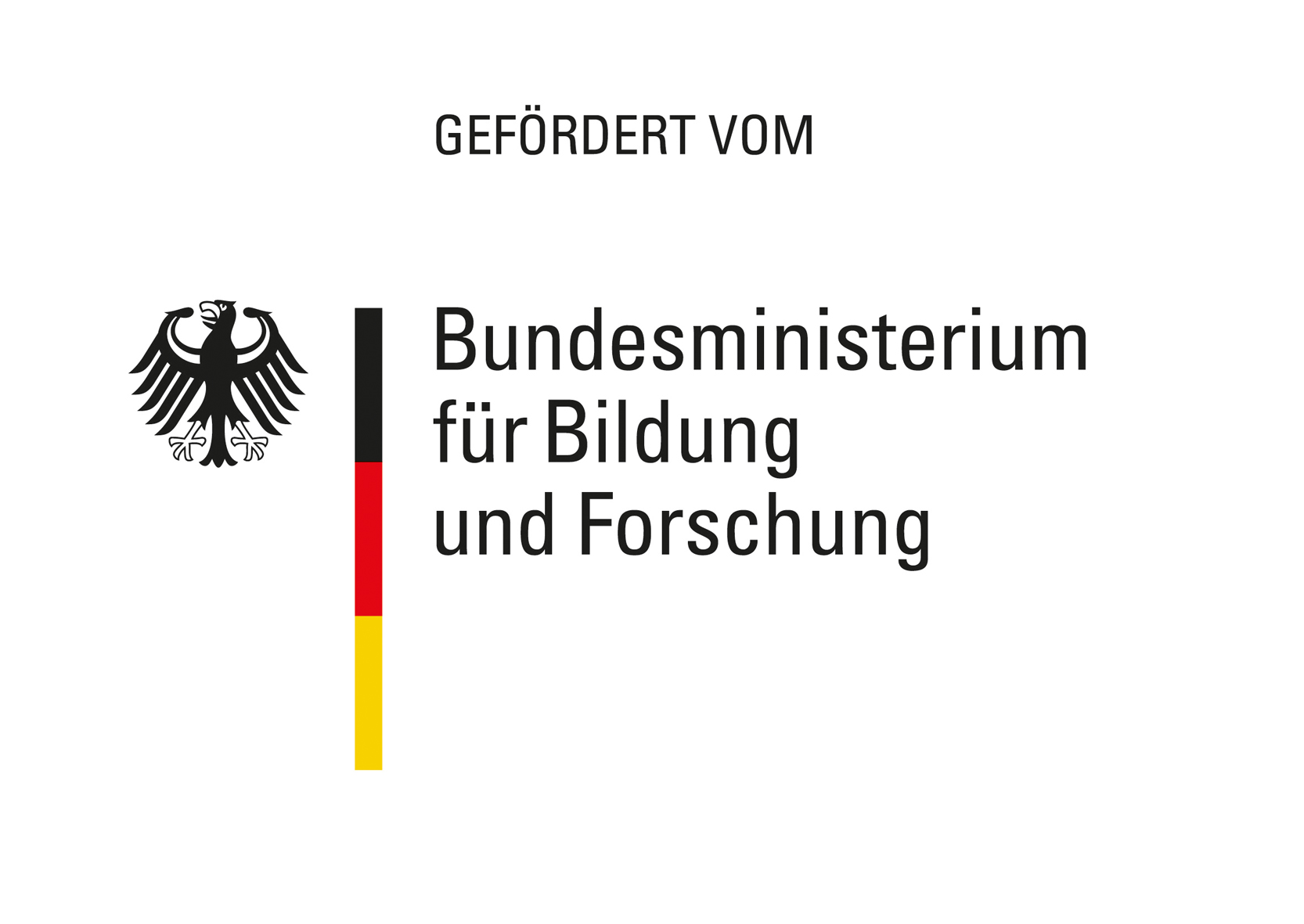
This project is funded by the Federal Ministry of Education and Research (BMBF, Grant No. 01PX16002). The responsibility for the content of this publication lies with the author.






